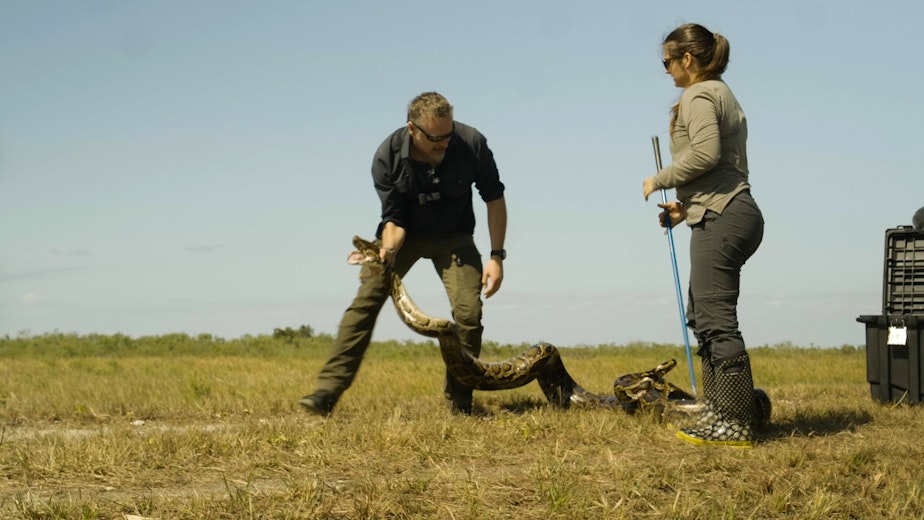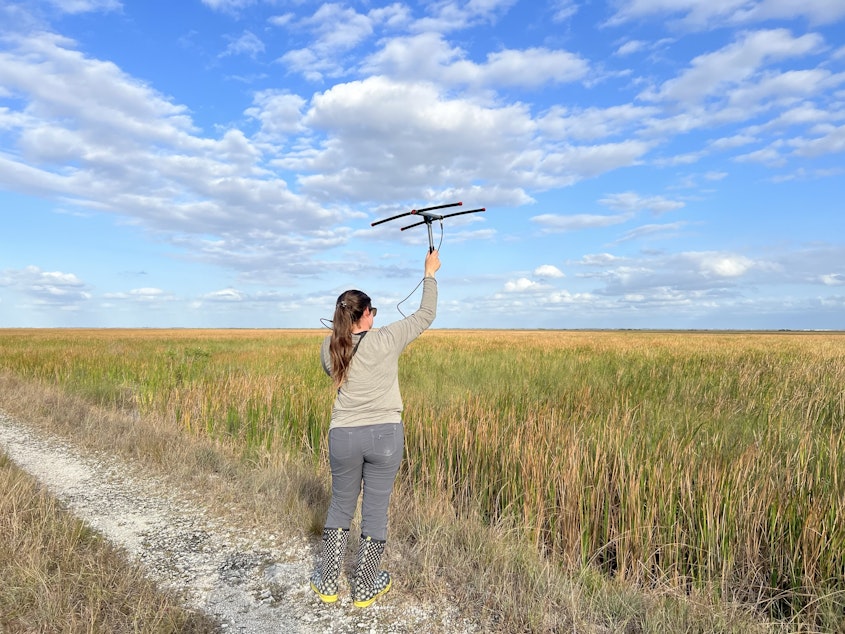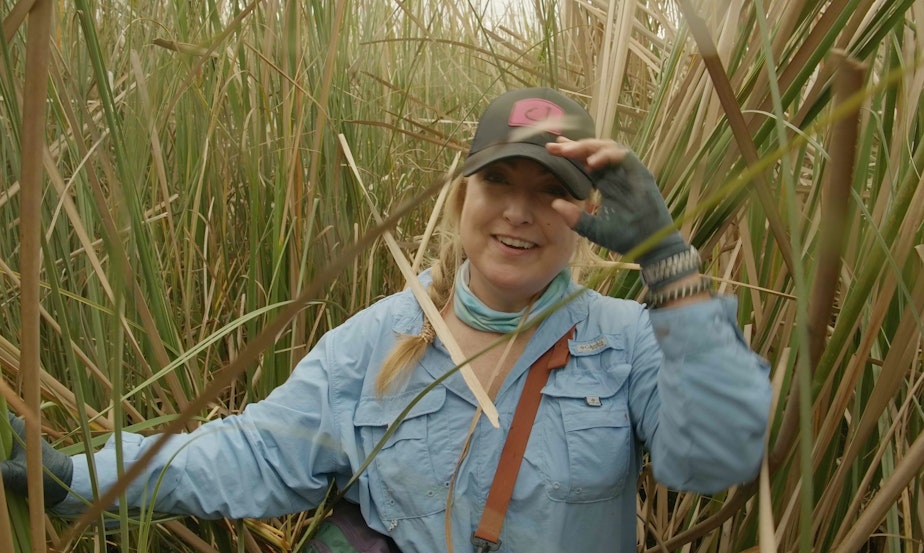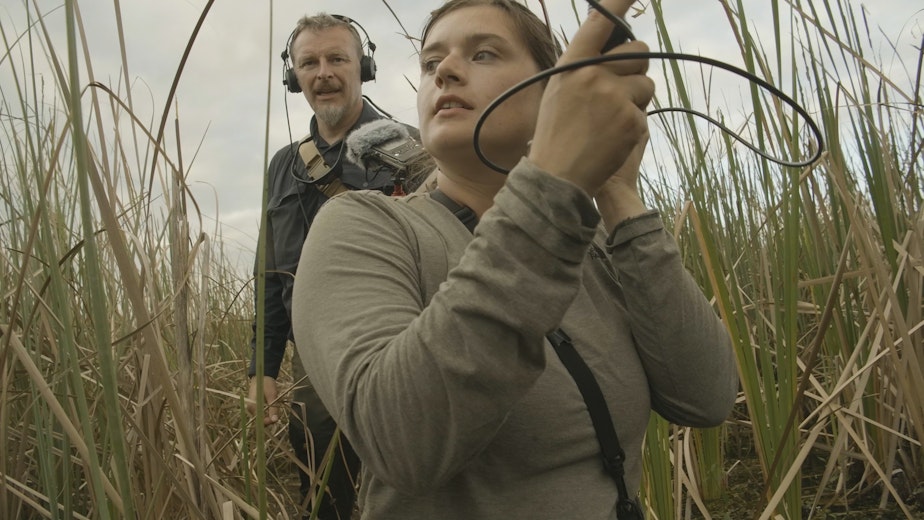Invasion of the Burmese pythons, part 2

How science is being used to try to solve what seems like a losing battle.
I'm back in South Florida, in the Everglades, on the side of a dirt road next to a canal. It looks pretty similar to where I met Anthony Flanagan and Kevin Pavlidis - the two python bounty hunters from part 1.

Out in front of me are miles and miles of marshland. Today, we're diving back into the Burmese python problem. But this time ... we're doing something a little different. We're letting the pythons go.
"Honestly like when you release a snake, there comes with it a burden of making sure you're conveying the message of why," said Melissa Miller, an invasive species biologist from the University of Florida.

Sponsored
With the focus being the urgent removal of Burmese pythons from the Everglades, it might seem counterintuitive that we are now releasing one back into the ecosystem that it's destroying. But there's a good reason why.
This snake will lead researchers towards all sorts of important information that might just save this ecosystem from an impending ecological collapse.

“I really like the quote, I think it's attributed to Joe Podgor, and it's, ‘the Everglades is a test and if we pass, we may get to keep the planet,’” said Miller.
Sponsored
THE WILD is a production of KUOW in Seattle in partnership with Chris Morgan Wildlife and Wildlife Media. It is produced by Lucy Soucek and Matt Martin, and edited by Jim Gates. It is hosted, produced and written by Chris Morgan. Fact checking by Apryle Craig. Our theme music is by Michael Parker.
Follow us on Instagram (@thewildpod) for more adventures and behind the scenes action!





